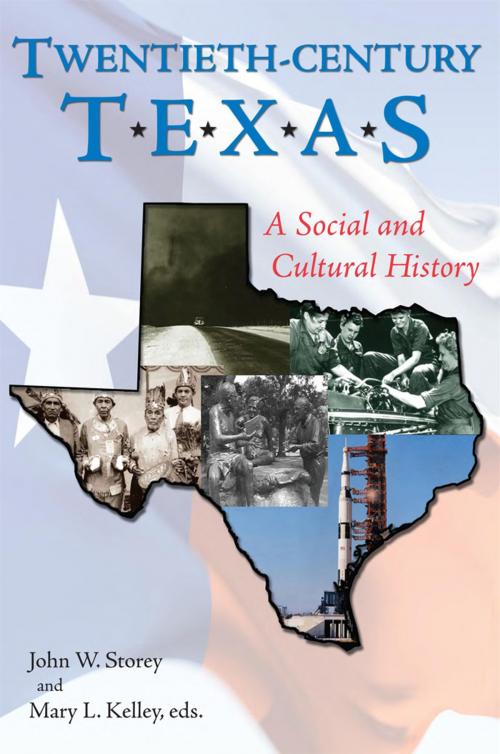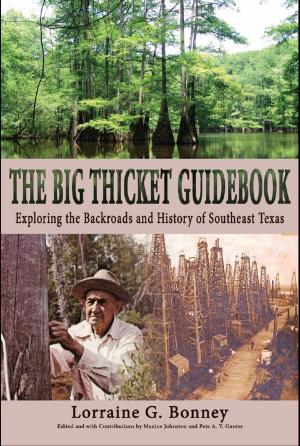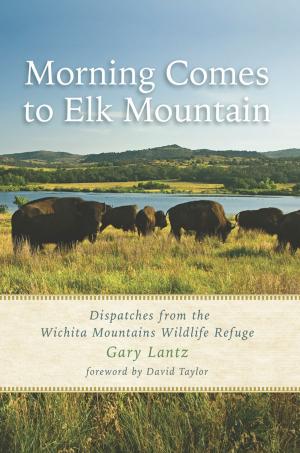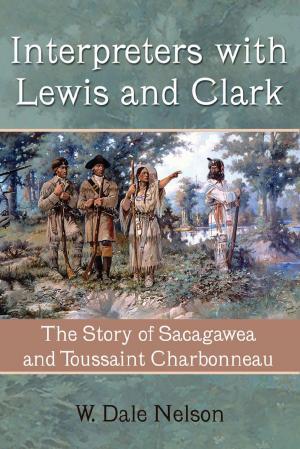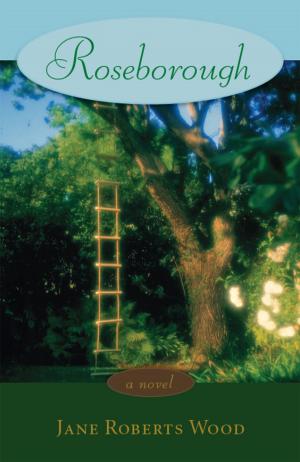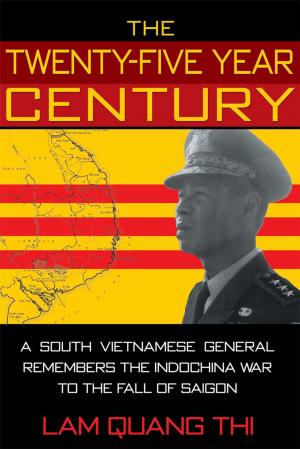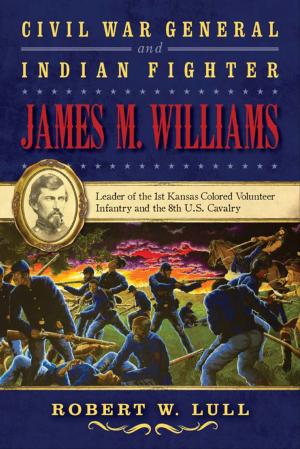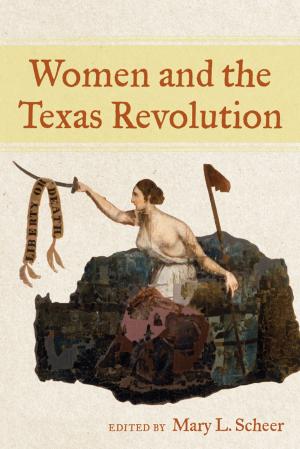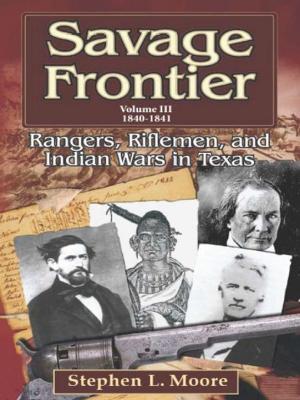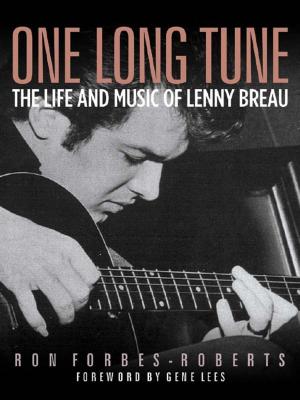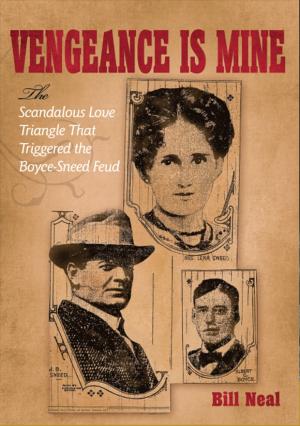Twentieth-Century Texas
A Social and Cultural History
Nonfiction, History, Americas, United States, 20th Century| Author: | ISBN: | 9781574413793 | |
| Publisher: | University of North Texas Press | Publication: | March 15, 2008 |
| Imprint: | Language: | English |
| Author: | |
| ISBN: | 9781574413793 |
| Publisher: | University of North Texas Press |
| Publication: | March 15, 2008 |
| Imprint: | |
| Language: | English |
Texas changed enormously in the twentieth century, and much of that transformation was a direct product of social and cultural events. Standard histories of Texas traditionally focus on political, military, and economic topics, with emphasis on the nineteenth century. In Twentieth-Century Texas: A Social and Cultural History editors John W. Storey and Mary L. Kelley offer a much-needed corrective. Written with both general and academic audiences in mind, the fourteen essays herein cover Indians, Mexican Americans, African Americans, women, religion, war on the homefront, music, literature, film, art, sports, philanthropy, education, the environment, and science and technology in twentieth-century Texas. Each essay is able to stand alone, supplemented with appropriate photographs, notes, and a selected bibliography. In spite of its ongoing mythic image of rugged ranchers, cowboys, and longhorns, Texas today is a major urban, industrial society with all that brings, both good and bad. For example, first-rate medical centers and academic institutions exist alongside pollution and environment degradation. These topics, and more, are carefully explored in this anthology. It will appeal to anyone interested in the social and cultural development of the state. It will also prove useful in the college classroom, especially for Texas history courses.
Texas changed enormously in the twentieth century, and much of that transformation was a direct product of social and cultural events. Standard histories of Texas traditionally focus on political, military, and economic topics, with emphasis on the nineteenth century. In Twentieth-Century Texas: A Social and Cultural History editors John W. Storey and Mary L. Kelley offer a much-needed corrective. Written with both general and academic audiences in mind, the fourteen essays herein cover Indians, Mexican Americans, African Americans, women, religion, war on the homefront, music, literature, film, art, sports, philanthropy, education, the environment, and science and technology in twentieth-century Texas. Each essay is able to stand alone, supplemented with appropriate photographs, notes, and a selected bibliography. In spite of its ongoing mythic image of rugged ranchers, cowboys, and longhorns, Texas today is a major urban, industrial society with all that brings, both good and bad. For example, first-rate medical centers and academic institutions exist alongside pollution and environment degradation. These topics, and more, are carefully explored in this anthology. It will appeal to anyone interested in the social and cultural development of the state. It will also prove useful in the college classroom, especially for Texas history courses.
